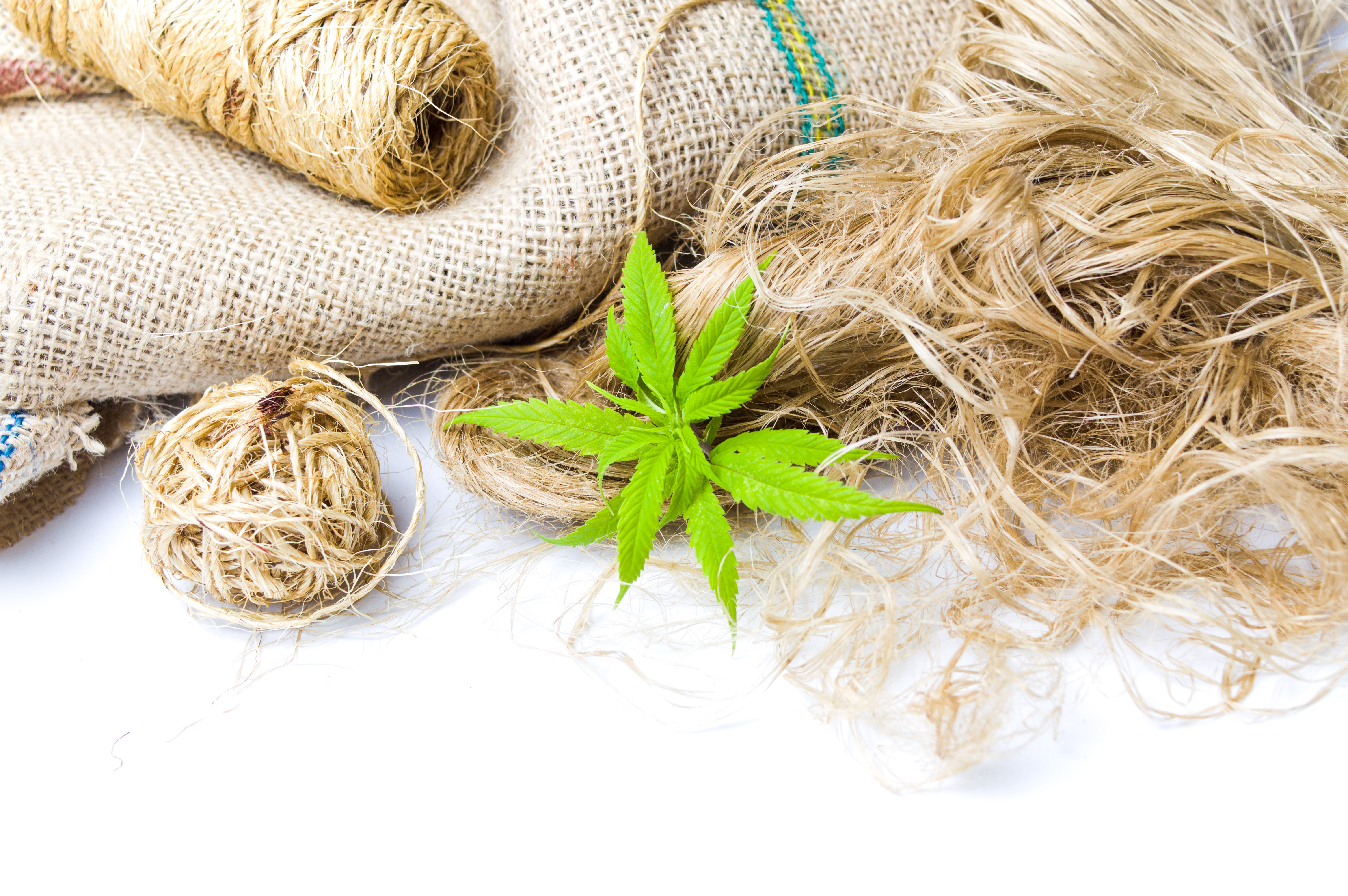Confused about UK law regarding hemp? Unsure what you can grow and what you can’t? Need more information on industrial hemp? Then you’ve come to the right place.
Growing hemp in the UK can be a complicated endeavor. There are endless amounts of regulations that need to be met in order to keep your business afloat and stay out of legal trouble. In this article we will discuss the following topics:
- The legal aspect of growing hemp
- Whether it can be grown in a person’s private garden
- How you can obtain a license to grow it
- Hemp processing in the UK
- The differences between industrial hemp and high CBD hemp
What Does the Law Say?
The cultivation of Hemp was re-legalised in 1993 and remains legal to this day. Current UK law states that it is illegal to cultivate Hemp without an appropriate license. In order to comply with UK law:
- The strain of hemp must contain no more than 0.2% THC (tetrahydrocannabinol).
- A license must be obtained before you commence growing.
- Your license must be renewed (when it expires) before you begin growing again.
As per The Misuse of Drugs Act 1971 (MDA and Schedule 1 of The Misuse of Drugs Regulations 2001), only the production of industrial hemp fibre or the pressing of the seeds (referred to as ‘non-controlled’ parts) for oil is permitted. Controlled parts of the plant must be vetted at the licensed location (see below for licensing information).
Looking for the best CBD Flowers?
Subscribe to the CBD Flowers Weekly for product reviews, exclusive deals, and limited-time offers.
Can I Grow in my Garden?
As mentioned above, a license is required to grow industrial hemp. Although the law does not explicitly state that hemp cannot be grown in your garden, the Home Office is extremely unlikely to grant you a license for doing so. As you find out about the process of getting a license this becomes much clearer as to why it is unlikely.
Getting a License
To cultivate and possess industrial hemp legally you must first obtain a license from the Home Office. You can apply via an online form (MD 29) on the Home Office Drug Licensing website. When completing the form, you must include the following information:
- Your name and contact details
- Field location names, numbers or grid references.
- Size of the land (in hectares).
- A map that clearly marks the growing area.
- The seed type, its THC content, and conformation that the EU has approved the seed variation.
Applicants must also:
- Undergo a DBS check (Disclosure and Baring Service that checks criminal records)
- Pay an application fee (£580 for new licenses; £326 for renewals).
- Be prepared for a compliance visit (this seldom happens, but will cost the applicant an extra £1371).
Licenses to grow industrial hemp are valid for three growing seasons and are issued to expire on the 31st December. For example, if an application is approved on the 28th February 2019 then it will expire 31st December 2021. For these reasons it is beneficial for growers to apply earlier on in the year of application.
Other important points:
- The grower, not the land owner, must hold the license.
- Separate locations require separate licenses – even if they belong to the same grower.
- The Home Office may also enforce limitations on where you plant your crop. This can include changing the location of your crop or enforcing the screening of your crop in areas that are deemed to be sensitive, such as near schools or areas with public access.
- The Home Office advises growers to inform their local Police force that they are growing industrial hemp. Confusion between hemp and cannabis is extremely common (as they look identical), so telling the Police prior to growing and cultivation may prevent issues further down the line.
Is Hemp Processed in the UK?
Yes. The majority of UK-grown (industrial) hemp (particularly over the last few decades) is used within the building and construction industry. Hemp has insulating properties in addition to being extremely strong, therefore it has been utilised as insulation and to fashion building-block material. It is also used in paper, body care products and plastics.
High CBD Hemp and Industrial Hemp – What are the differences?
Industrial Hemp and CBD Hemp are both derived from the Cannabis sativa plant, but they have one main difference: the levels of CBD in the plant itself. High CBD hemp is exactly as it says on the tin, i.e. it is hemp that has been specifically cultivated to have higher levels of CBD than standard Hemp, and it is this form of hemp that is used to manufacture CBD oil. This is the part of the hemp plant reported to have many health benefits.
As the name would suggest, industrial hemp is grown for industrial purposes. This includes, but is not limited to: construction, textiles, paper, cosmetic products, food products and hemp oil. Different parts of the plant have different uses. The stalk, for example, can be used to make rope, whereas the seeds are typically used in animal feed. Industrial Hemp contains extremely low levels of both THC (tetrahydrocannabinol) and CBD (cannabidiol).
To sum up…
- UK law is very straightforward where growing hemp is concerned: if you want to grow it (legally) then you need a license to do so.
- There are several hoops you must jump through in order to be granted a license.
- Hemp fibres and seed are legal to cultivate and possess, but any other parts of the plant are not.
- Growing hemp in your back garden is a no-go (unless your back garden is a field in the middle of nowhere – and you have a license from the Home Office).
